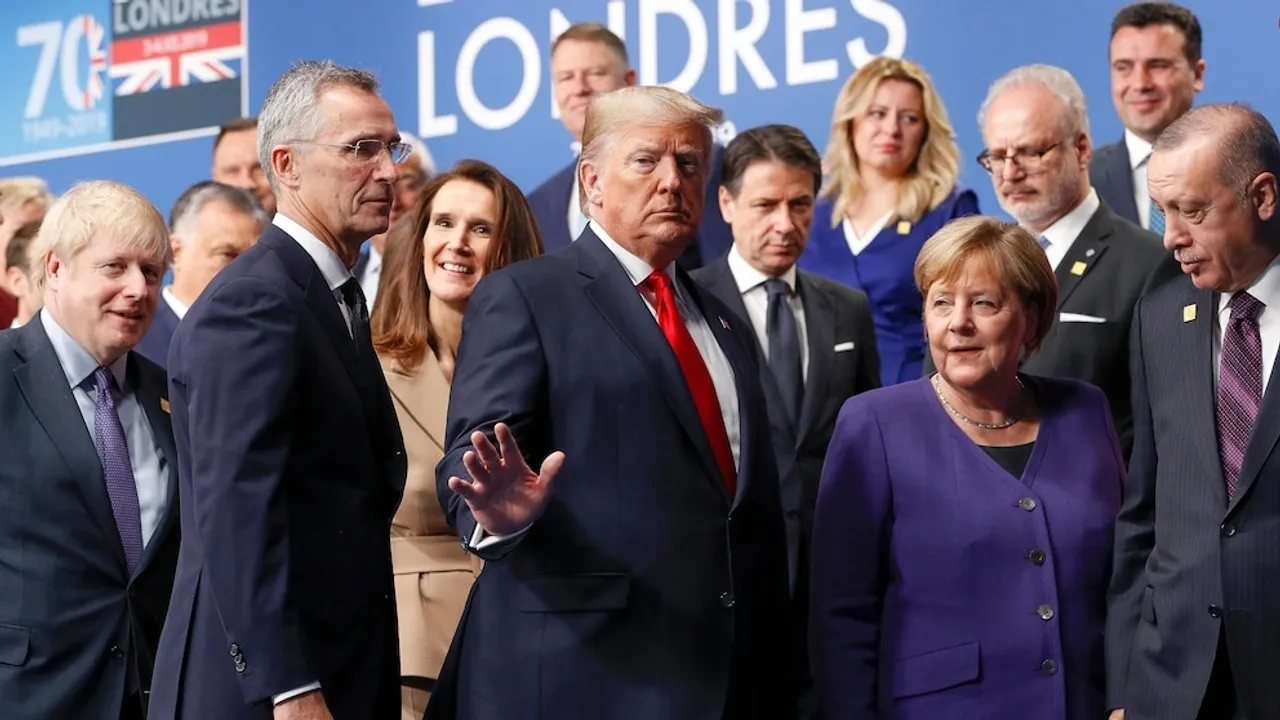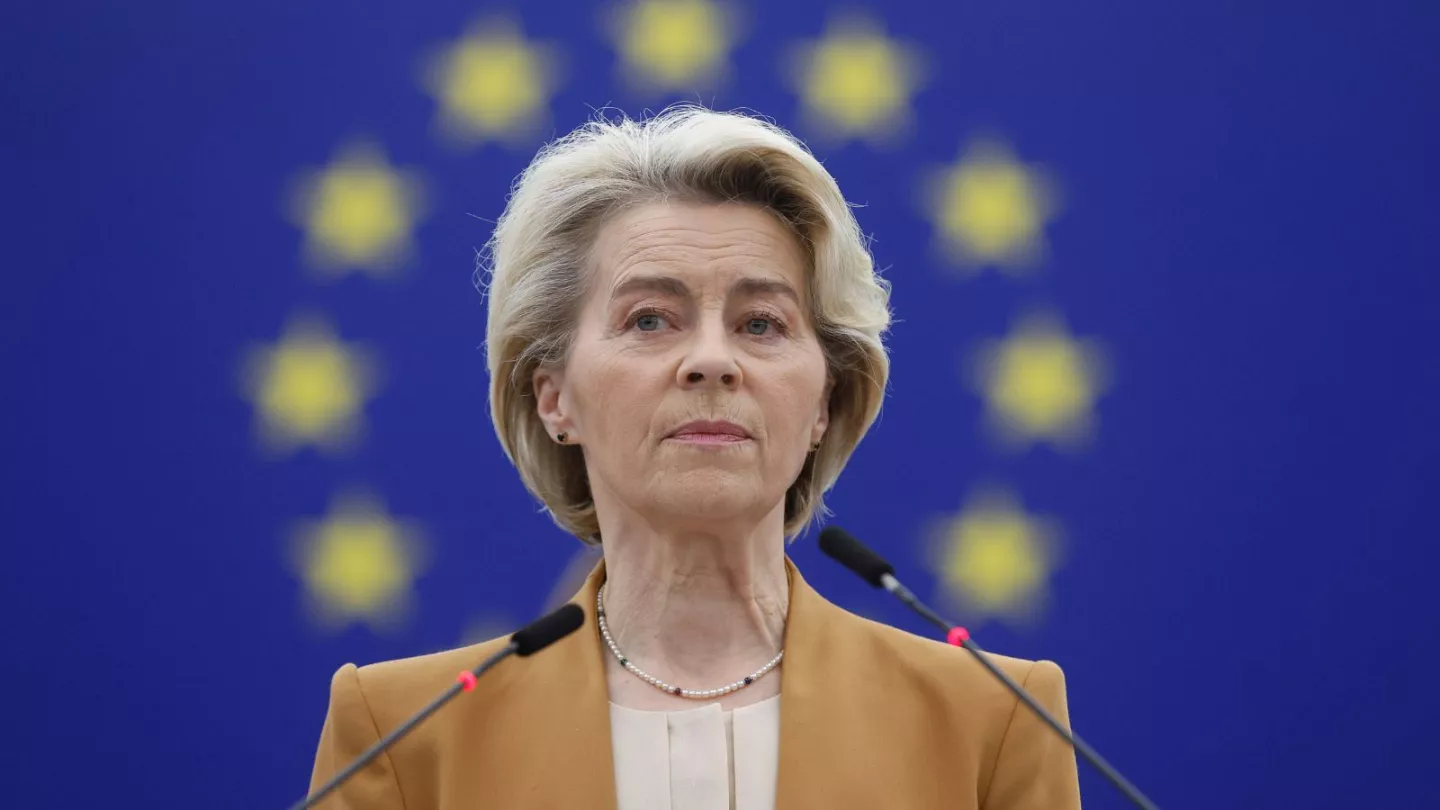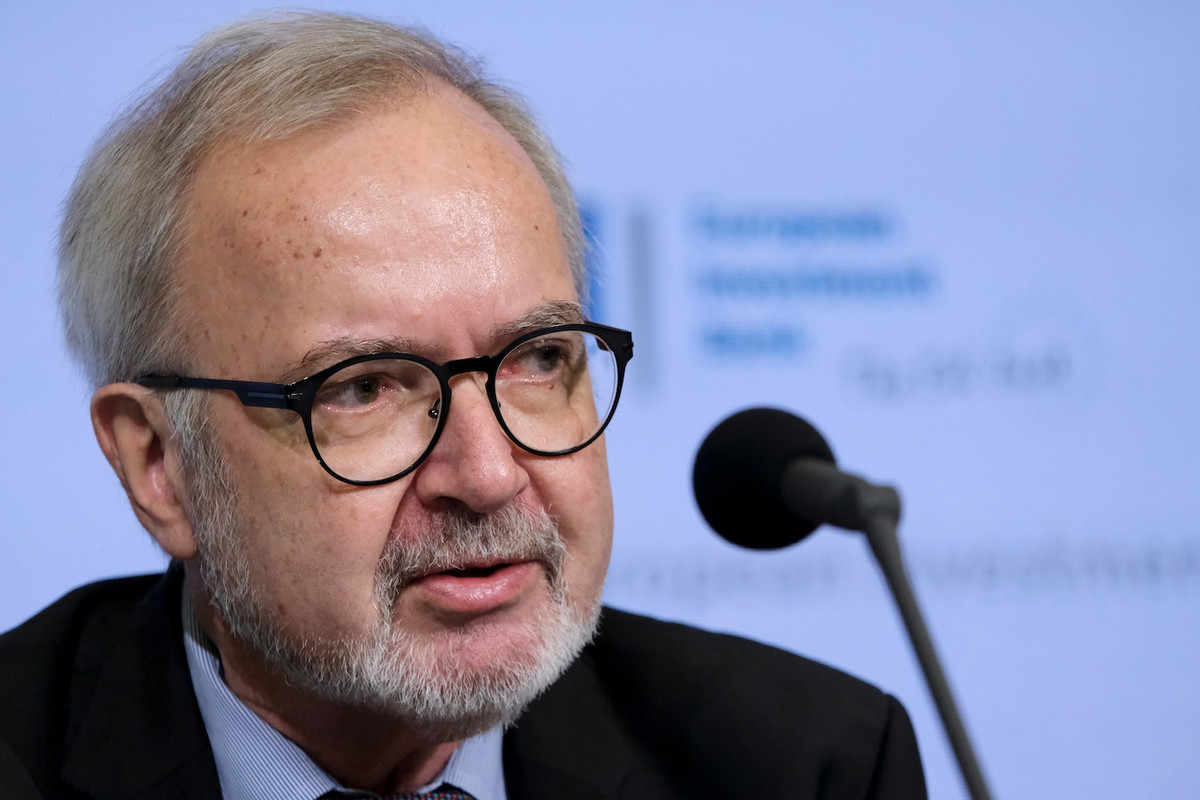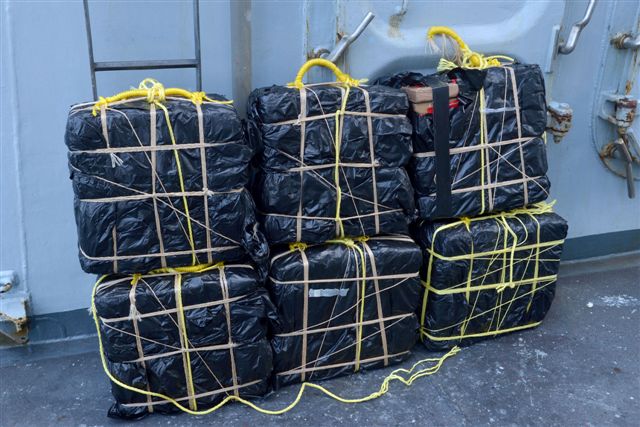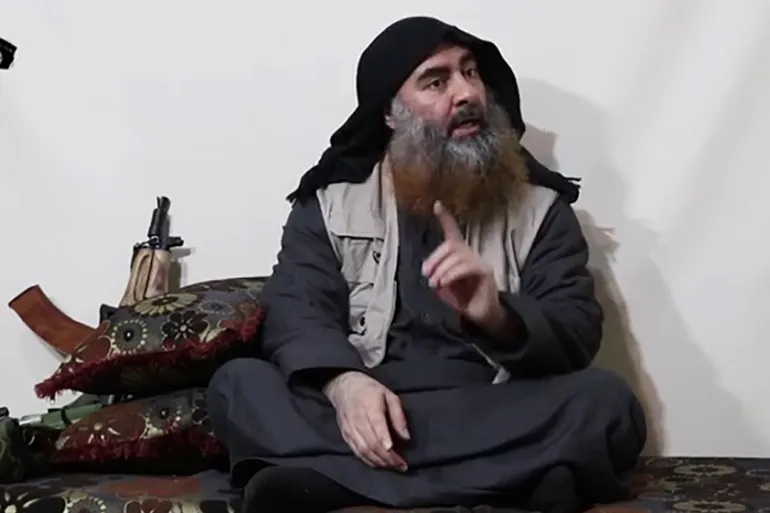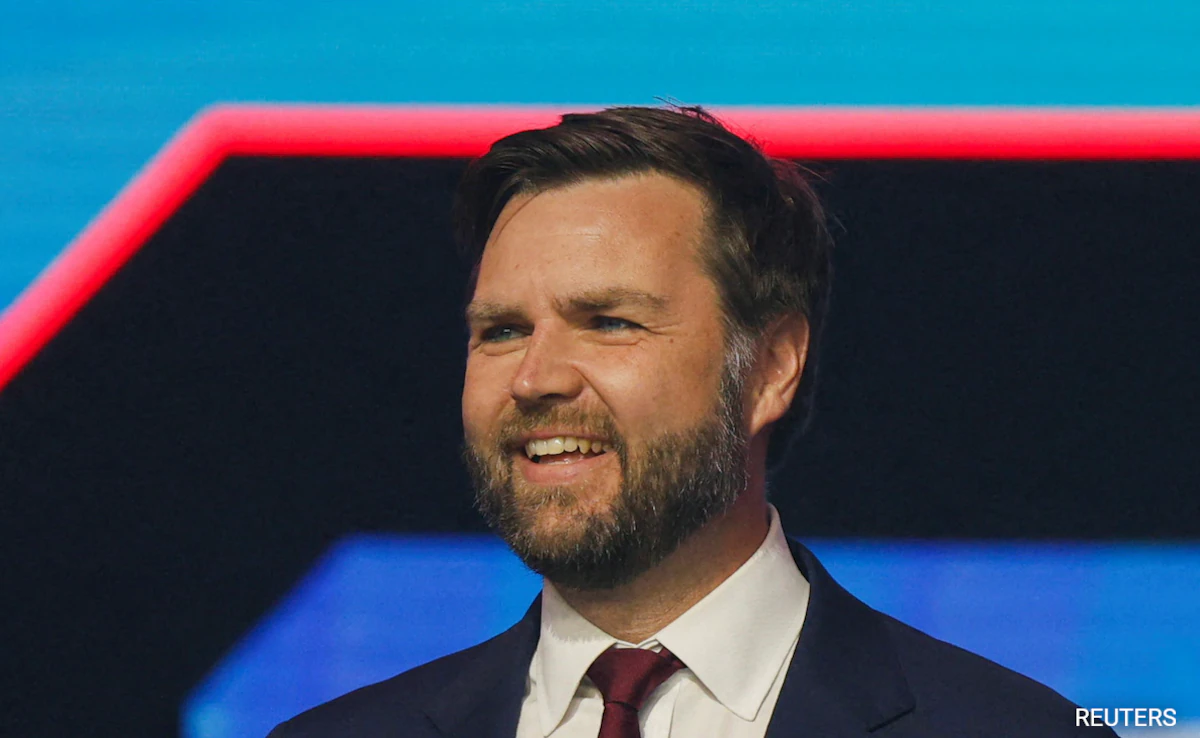In a recent rally in Conway, South Carolina, former President Donald Trump made remarks about NATO that have sent ripples through the international community, stirring a mix of concern and criticism from allies and adversaries alike. Trump stated he would encourage Russia to "do whatever the hell they want" to any NATO member country that fails to meet defense spending guidelines, signaling a stark departure from the collective-defense clause that forms the bedrock of the alliance.
Trump's assertion, "NATO was busted until I came along," followed by his candid admission that he would not protect delinquent countries, has raised eyebrows and alarm bells. This stance was met with immediate rebuke from President Joe Biden, who accused Trump of abandoning NATO allies and endangering global security. NATO Secretary General Jens Stoltenberg and European Council President Charles Michel also voiced their concerns, highlighting the risks such statements pose to both European and American soldiers and the broader principle of mutual defense.
The North Atlantic Treaty Organization (NATO), established in 1949, is a political and military alliance of 30 countries that promises collective defense against aggression. Article 5 of the NATO treaty, which states that an attack on one member is an attack on all, has been the cornerstone of transatlantic security for over seven decades. Trump's comments, therefore, not only question the United States' commitment to this principle but also challenge the very foundation of the alliance.
Trump's critique of NATO is not new. Throughout his presidency, he frequently lamented the disparity in defense spending between the United States and other member countries, advocating for increased contributions from allies. However, his recent remarks go beyond fiscal grievances, suggesting a willingness to fundamentally alter the U.S.'s role in the alliance.
The potential consequences of Trump's stance, should he win a second term, are profound. A weakened NATO, perceived as divided or unreliable, could embolden adversaries like Russia, altering the balance of power in Europe and beyond. It could also strain relationships with longstanding allies, undermining decades of diplomatic and military cooperation.
Moreover, Trump's approach to NATO reflects a broader isolationist trend in U.S. foreign policy, which could have ripple effects across global alliances and international relations. The uncertainty surrounding the U.S.'s commitment to collective defense may prompt European countries to reassess their security strategies, potentially leading to increased military spending or the pursuit of alternative alliances.
In summary, Trump's comments on NATO funding and defense commitments have sparked a debate on the future of international security and the role of the United States within it. As the world watches closely, the implications of these remarks for NATO, and global stability at large, remain a subject of intense speculation and concern.

